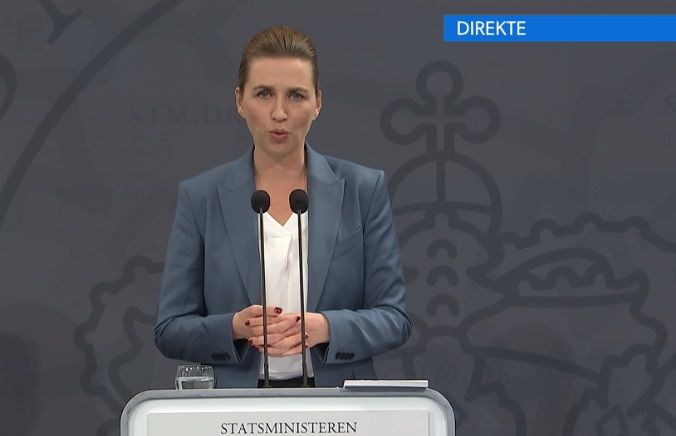Denmark will further open its borders to countries with an “acceptable level” of coronavirus infections, softening travel restrictions that were set until August 31.
Prime Minister Mette Frederiksen said in Parliament on Tuesday that the government will set a criteria that will allow travel to and from certain countries. There are however no details or explanation yet regarding what the “objective criteria” are.
“It will make it easier to continuously open (borders) for entry and exit and still have control over the situation at home,” Frederiksen said.
EU countries first
On June 15, Denmark began reopening its borders to tourists from Germany, Norway and Iceland. It also allows entry to lovers, grandparents and children from other EU countries and the UK. This followed a three-month lockdown to prevent the coronavirus from further spreading.
While the initial plan was to decide on other countries only after August 31, Frederiksen said the government was now looking into reopening to other EU members and the UK.
“Work is being done now and the government will present (the plan) as soon as possible,” the prime minister said.
Summer tourism
Frederiksen said the government remains concerned about transmission, citing news that citizens from Pakistan got infected with the coronavirus in Denmark.
Easing travel restrictions will impact on tourism, which has taken a blow due to the lockdown coinciding with the spring and summer.
Tourism stakeholders have been pushing for further reopening, saying the current situation and guidelines requiring a six-night stay in the country have not been enough to allow the industry to recover.
















